Alan Ritchson’s criticisms of James Bond ring more than a little hollow when Reacher season 2 fell victim to the same 007 flaws that he pointed out.
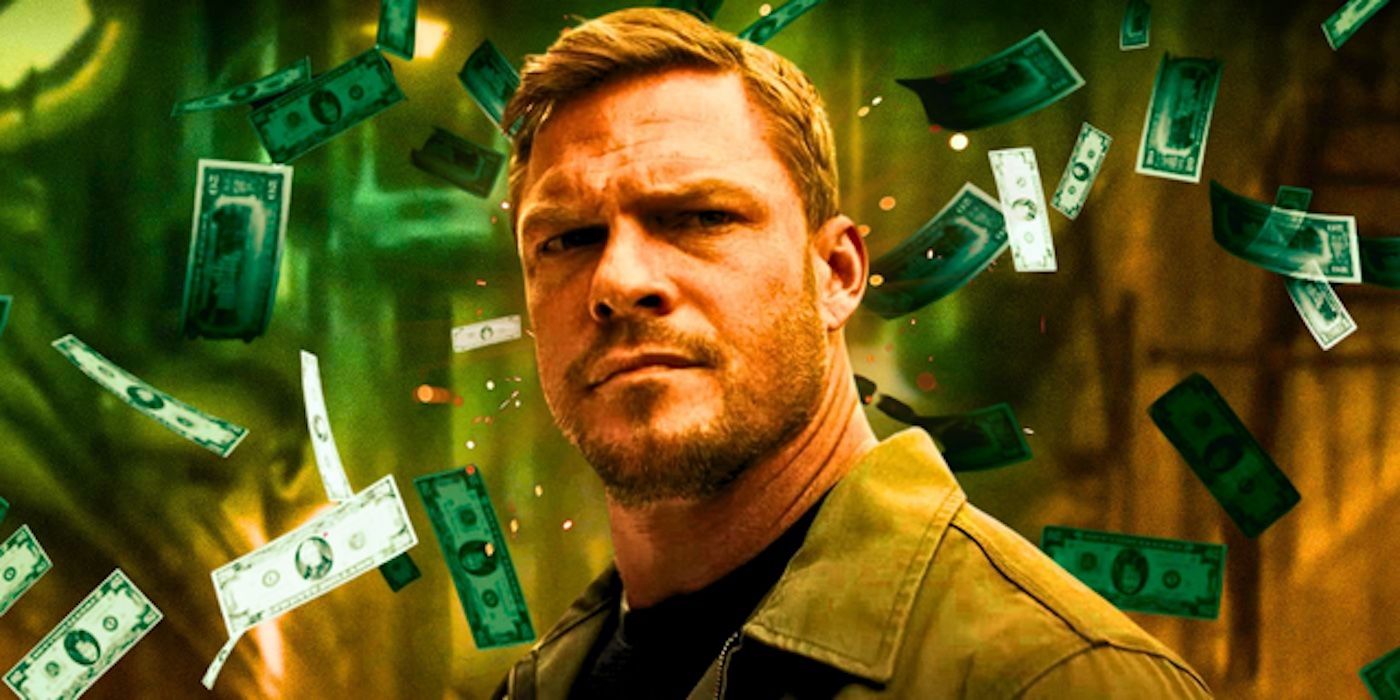
SUMMARY
Reacher season 2 mirrored James Bond’s flaws, contradicting Alan Ritchson’s criticism of the iconic spy franchise.
The evolution of Reacher from season 1 to season 2 shifted towards a more predictable and super-spy narrative.
While Reacher’s female characters are portrayed strongly, the hero’s lack of commitment reflects a misogynistic trend.
Alan Ritchson’s claims about the James Bond franchise don’t stand up to scrutiny after Reacher season 2 was guilty of many of the same mistakes. The character of James Bond has been through many revisions, but some things remain true in all the suave super-spy’s screen incarnations.
Bond is always hyper-competent, he has always got a lot of love interests, and he is always a cold-blooded killer. The same could be said for Jack Reacher, the star of Prime’s Reacher. After Reacher’s season 2 ending, the hero of the adaptation of Lee Childs novel series bears some resemblance to 007.
Admittedly, Alan Ritchson’s Reacher is a military veteran whereas Bond is a working spy, and he is a free agent, whereas Bond is a member of MI6. However, while Reacher season 1’s story leaned into Reacher’s status as a drifter with a heart of gold, season 2 brought him closer to the unstoppable super-spy mold.
This wasn’t necessarily a welcome change, although meeting other members of Reacher’s 110th Special Investigations Unit was an interesting addition to the show’s world. These changes still unavoidably make some of Ritchson’s recent James Bond criticisms seem unfair as he critiqued 007’s modus operandi.
Reacher Season 2 Was Far More Predictable Than Season 1
Alan Ritchson’s Complaints About James Bond Echo Reacher Season 2 Criticisms
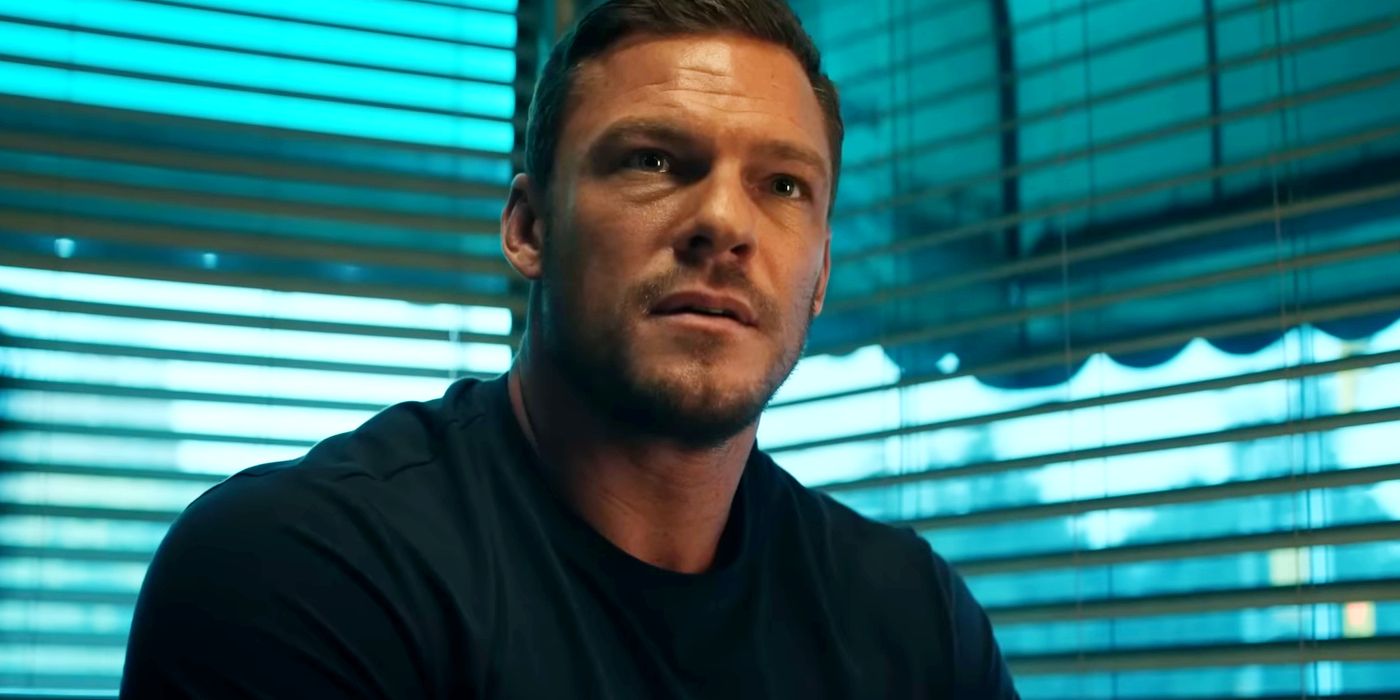
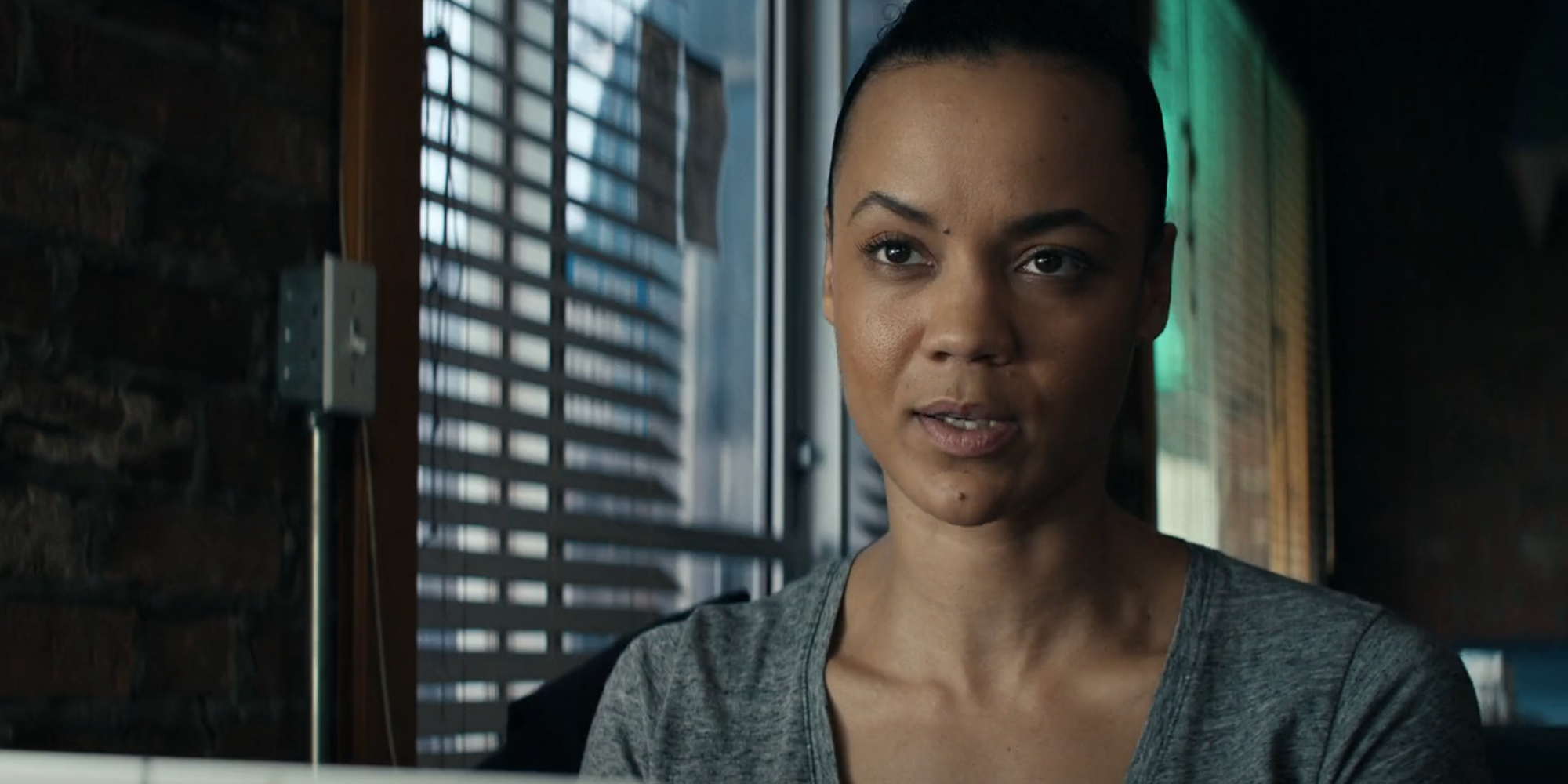

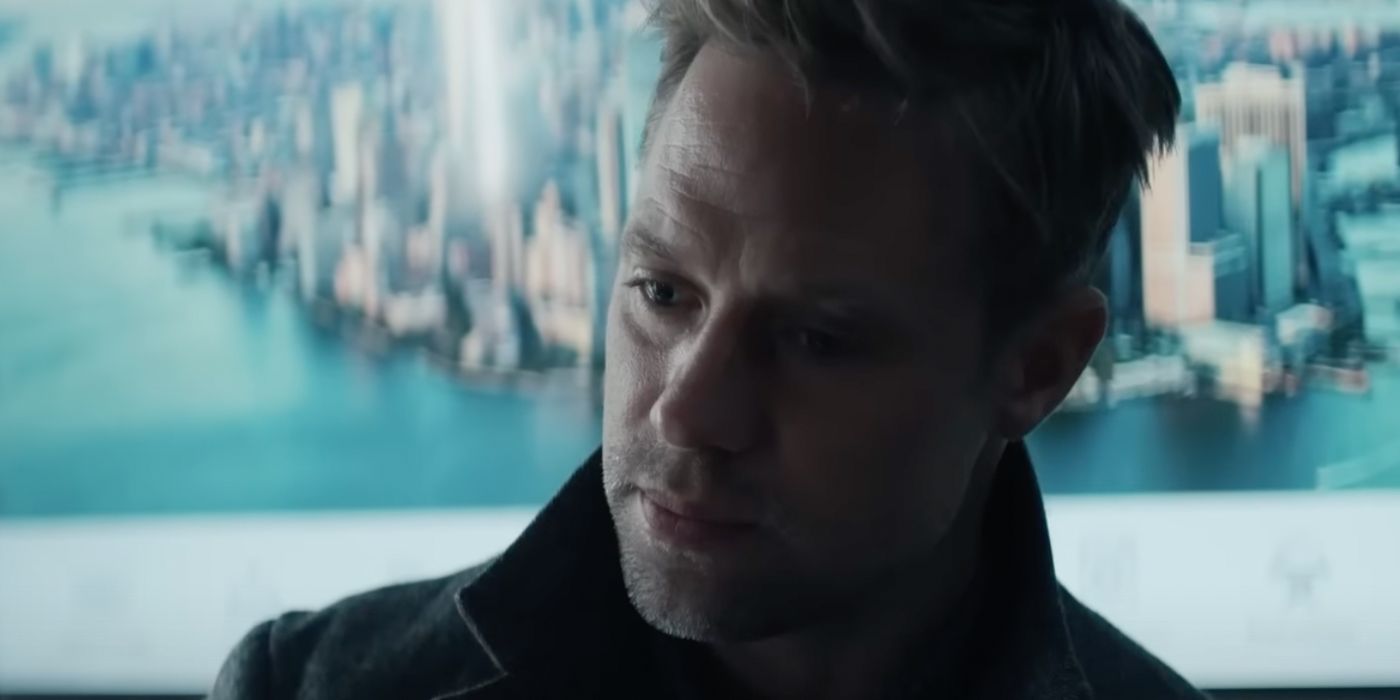

In an interview with Entertainment Weekly, Ritchson said that he saw Reacher as an American Bond before admitting that he found the James Bond movies “A little misogynistic and predictable.”
This claim is a little rich after Reacher season 2 proved much more predictable than its predecessor, with the series never recapturing the simple charms of its debut season. Reacher season 2’s tone suffered due to its location change, with a spy thriller set in New York having none of season 1’s novelty value. Meanwhile, Reacher and Karla Dixon fail to recreate Roscoe and Reacher’s easy chemistry.
What made season 1’s Margrave setting so much fun was the same thing that made Roscoe and Reacher’s relationship work. The title character didn’t seem like he was utterly unstoppable, but instead like he was a random drifter who happened upon a small town conspiracy and felt compelled to do the right thing.
Roscoe and Reacher were thrown together by circumstance, whereas Reacher’s season 2 story with the 110th Special Investigations Unit made him the sort of unrelenting superhuman that viewers complain about James Bond being. Bond’s slow slide into self-parody was replicated in Reacher season 2, making Ritchson’s comments ironic.
Reacher’s Female Characters Are Stronger Than James Bond’s (But There’s A Problem)
Reacher’s Love Interests Follow A Misogynistic Trend Of Their Own
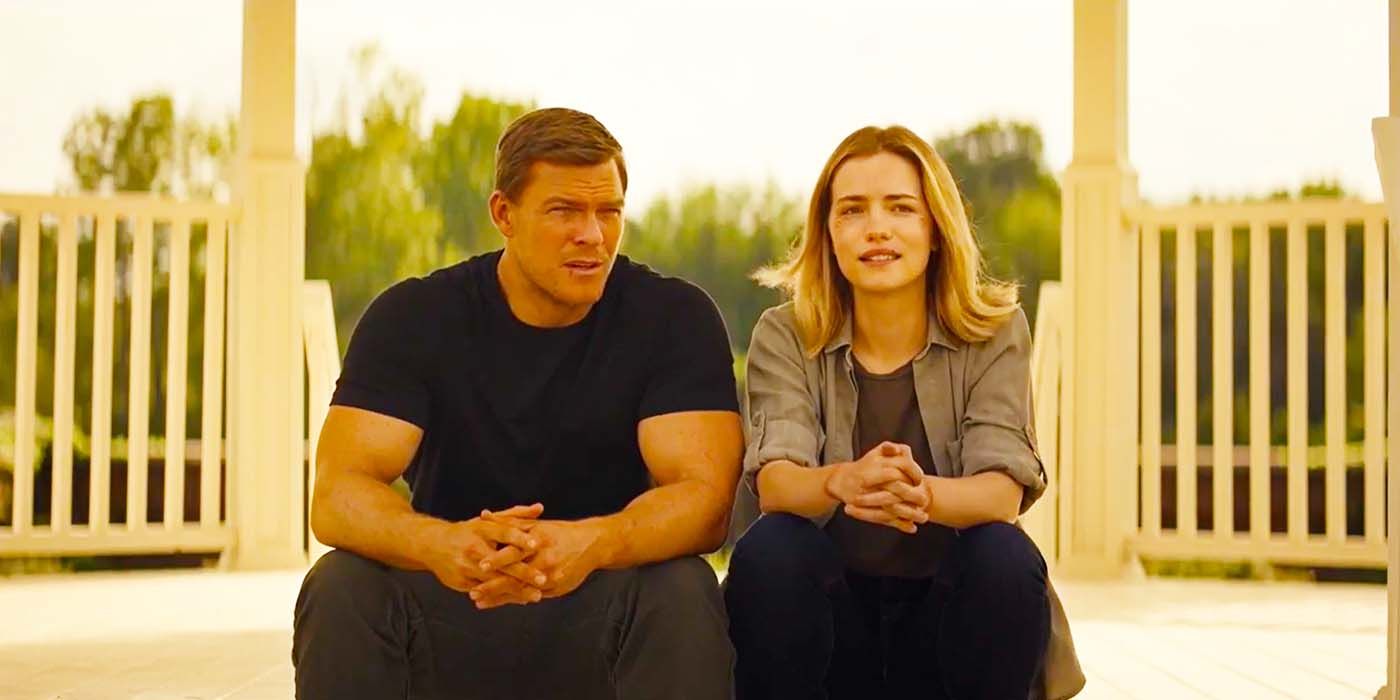
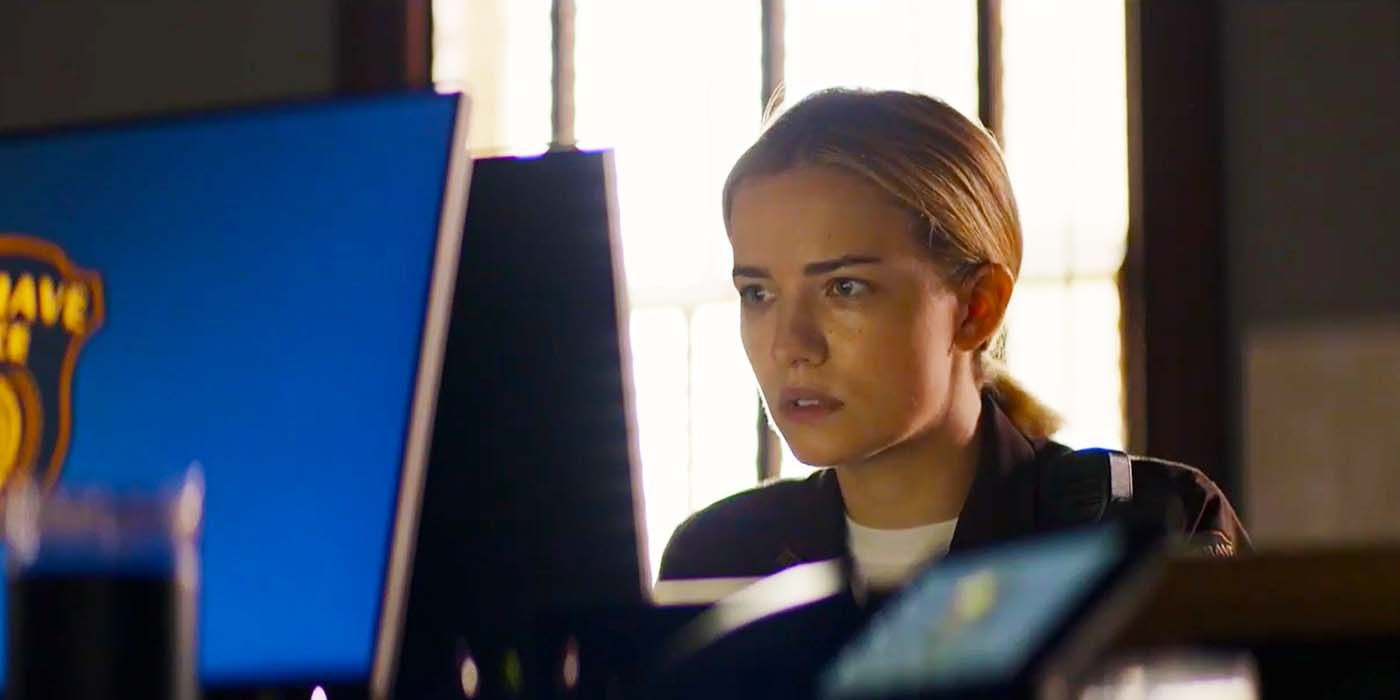

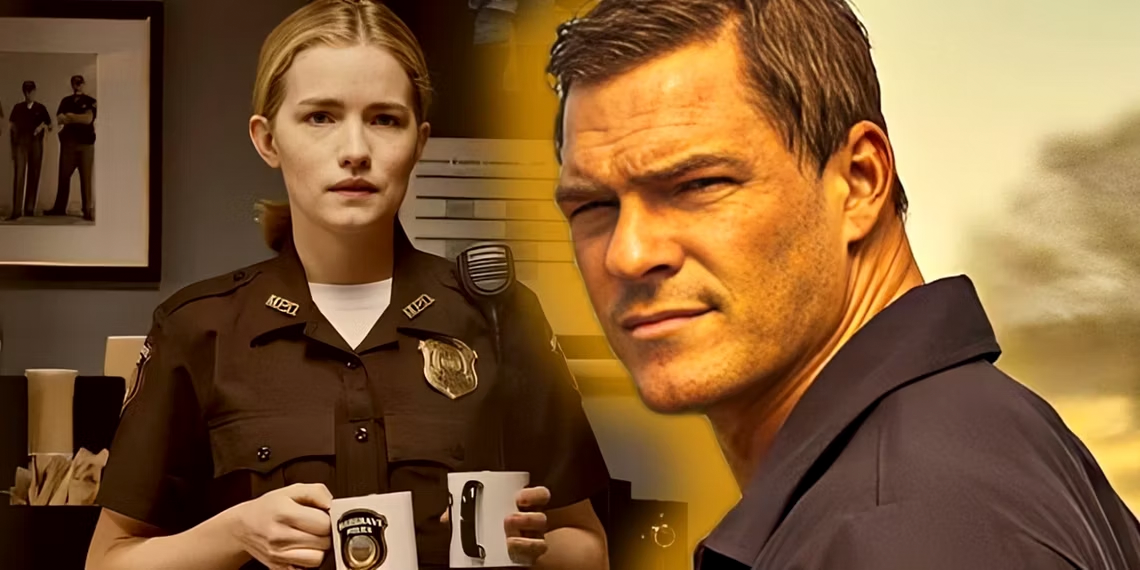
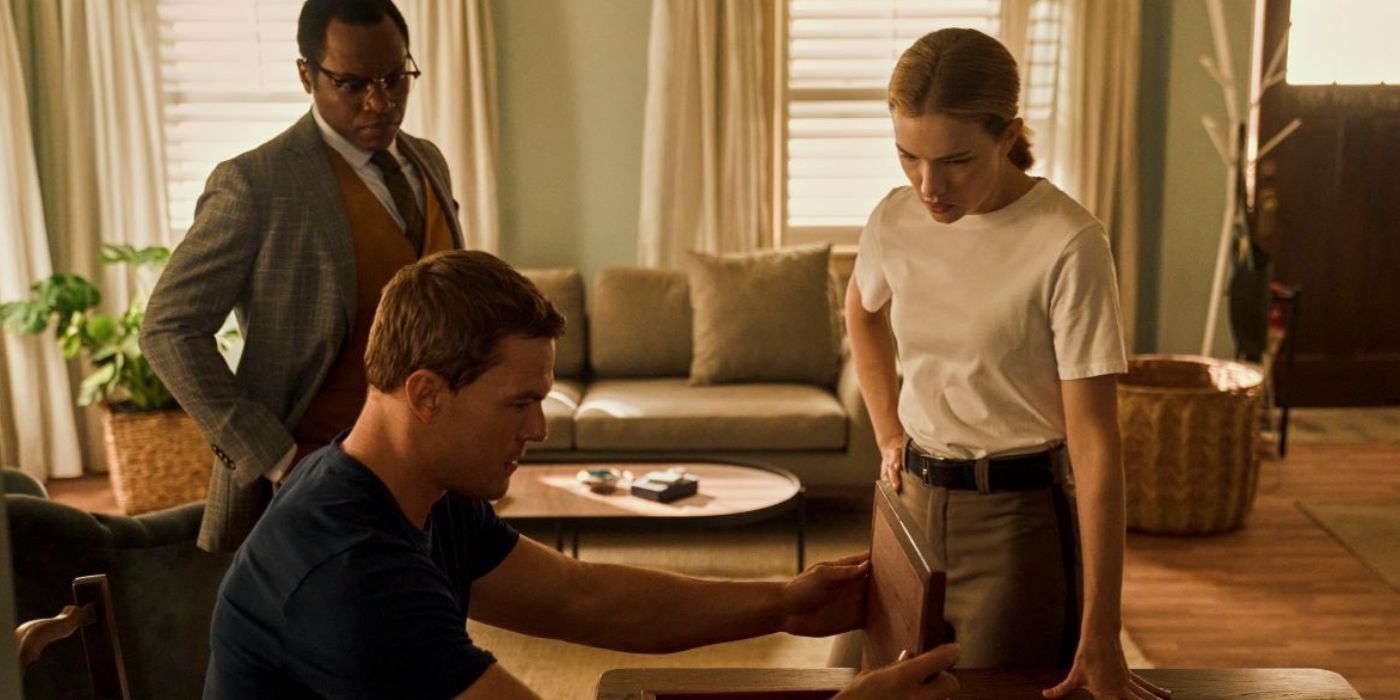
Although Roscoe and Reacher’s relationship was strong, this doesn’t mean that Reacher is free from accusations of misogyny. Both of Reacher’s seasons featured solid character development for their respective love interests, but the fact that Reacher never commits to a love interest and instead drops them when each season ends has a misogynistic edge to it.
More recent James Bond movies like Casino Royale and No Time To Die saw 007 truly connect with his love interests, breaking the franchise’s toxic pattern in preceding decades. In contrast, Reacher’s disregard for commitment echoes the more cavalier attitude epitomized in earlier James Bond movies.